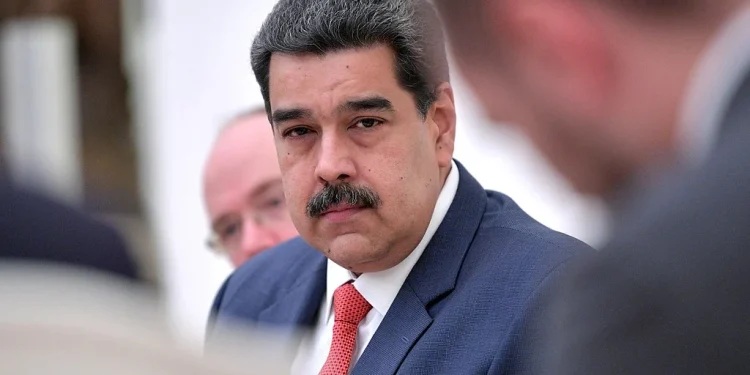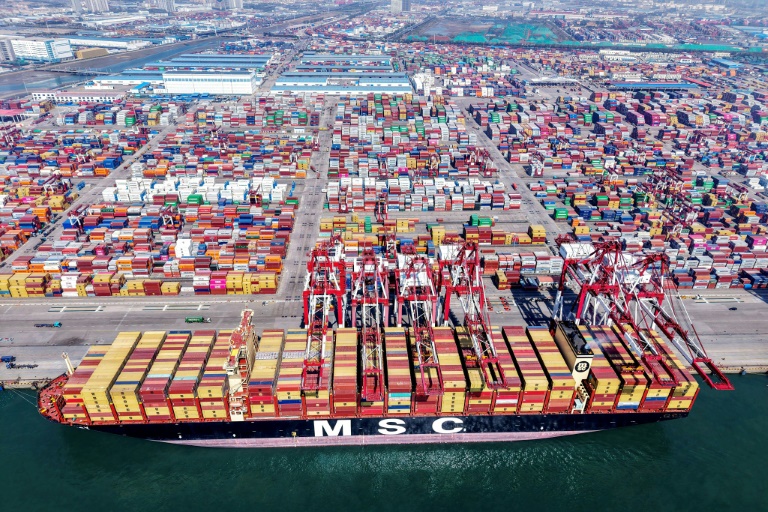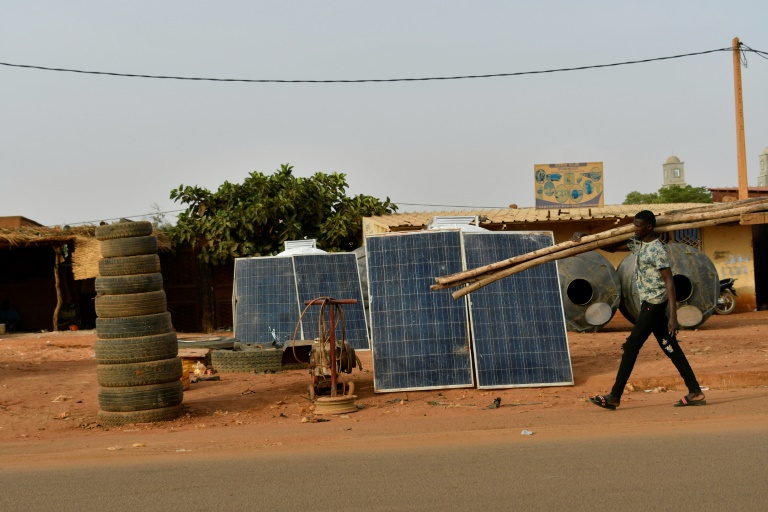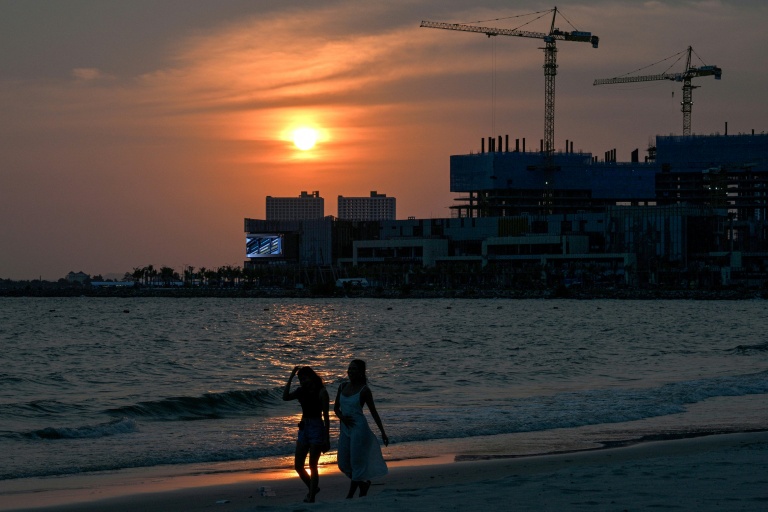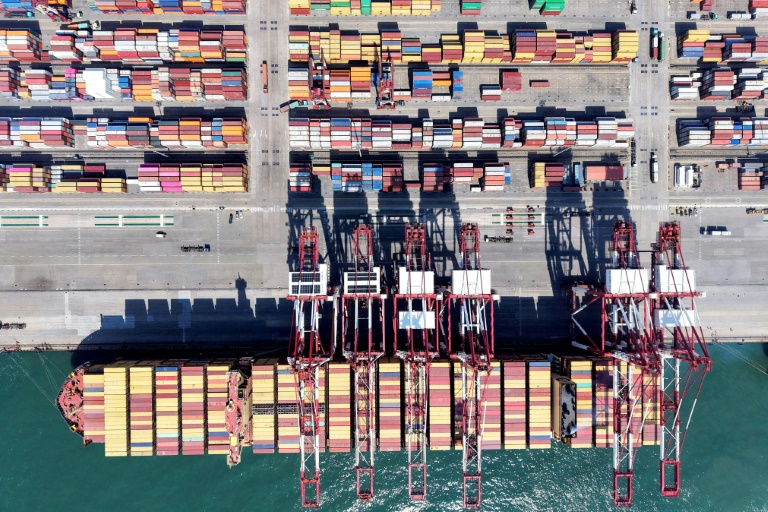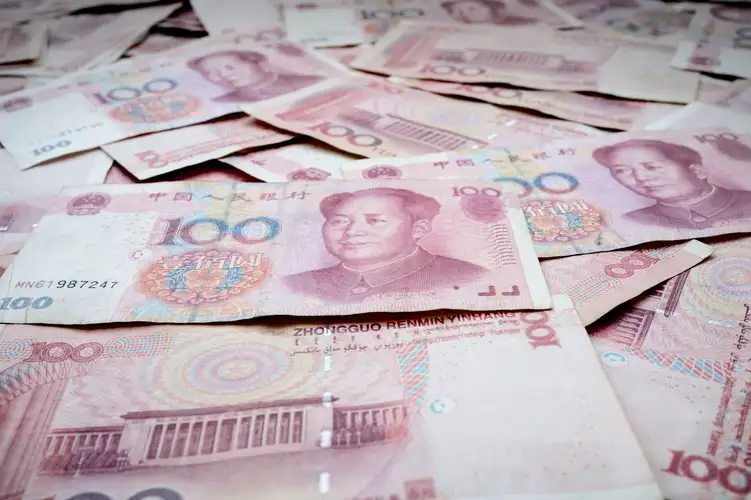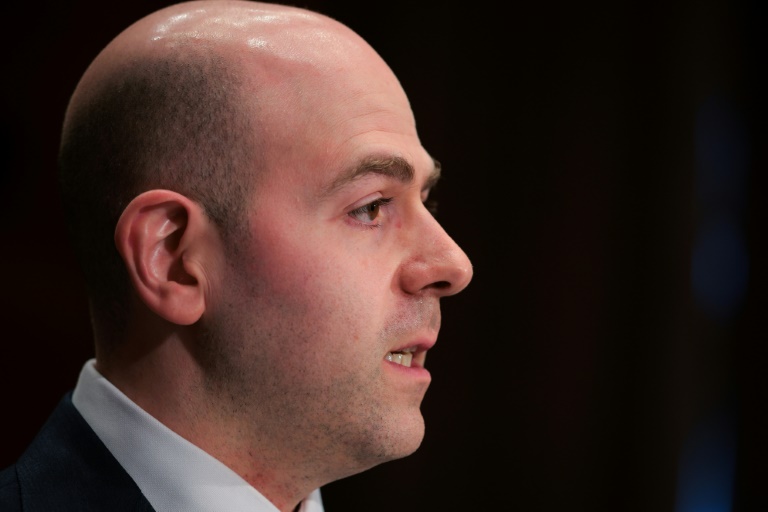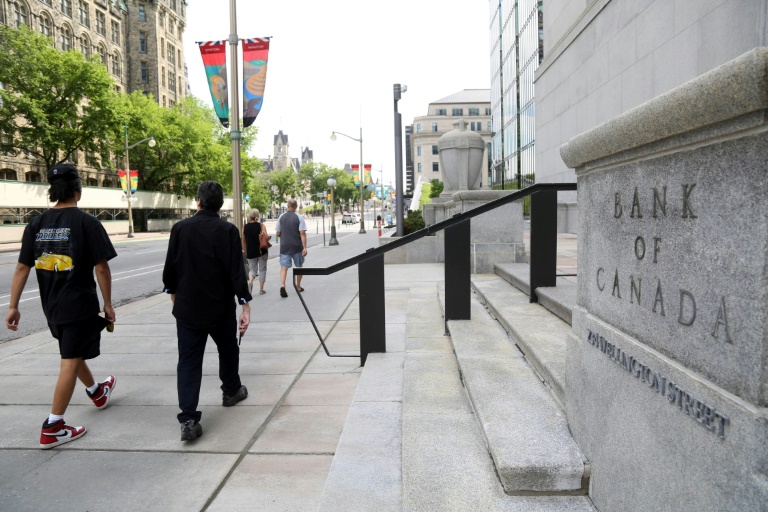The recent decision by the Biden administration to reimpose oil sanctions on Venezuela has reignited debates over the true intentions behind such punitive measures. While ostensibly aimed at pressuring President Nicolás Maduro’s government to uphold democratic principles, questions arise about the broader geopolitical motivations underlying US policy in the region.
Background: A History of Struggle
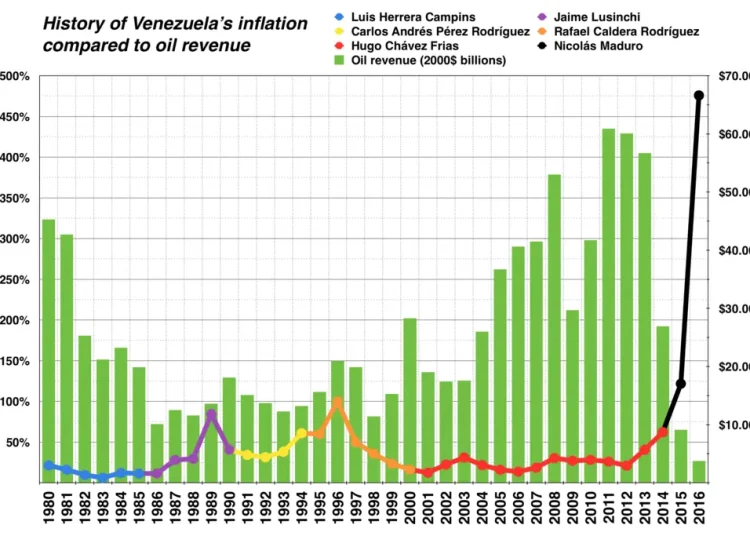
Venezuela’s history is punctuated by a persistent struggle between authoritarian rule and democratic aspirations. The rise of Hugo Chávez in the late 20th century marked a seismic shift in Venezuelan politics, ushering in a populist movement that promised to uplift the marginalized masses. However, Chávez’s presidency was characterized by polarization and the consolidation of power, raising concerns about the erosion of democratic institutions.
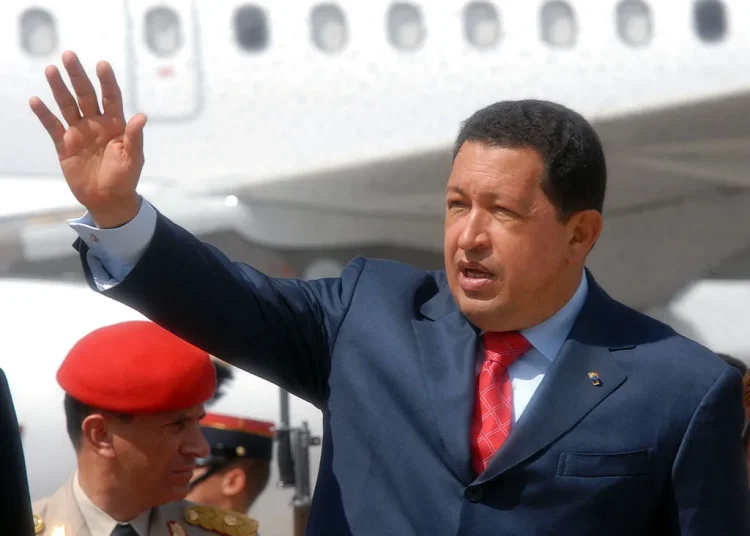
Following Chávez’s death in 2013, Nicolás Maduro assumed the presidency amidst mounting economic challenges and political unrest. Maduro’s tenure has been marred by allegations of electoral fraud, suppression of dissent, and human rights abuses. The erosion of democratic norms and the concentration of power in the hands of the ruling party have fueled discontent among Venezuelans and drawn condemnation from the international community. Against this backdrop, Venezuela continues to grapple with the enduring legacy of authoritarianism and the quest for genuine democratic governance.
The Promise of Sanctions Relief
Initially granted as a reprieve to Venezuela in exchange for commitments to hold free and fair elections, the sanctions relief proved short-lived as Maduro’s regime swiftly backtracked on its promises. The subsequent crackdown on political opponents and the undermining of electoral processes raised doubts about the efficacy of sanctions as a tool for promoting democracy.
However, the international community’s response to Maduro’s actions highlights the complexities of diplomatic strategies in addressing authoritarian regimes. While sanctions can exert pressure on governments to adhere to democratic principles, they also risk exacerbating humanitarian crises and entrenching the ruling elite’s grip on power. As Venezuela grapples with the fallout of renewed sanctions, the imperative for finding sustainable solutions to its political and economic challenges remains as pressing as ever.
The Delicate Balancing Act
Amidst concerns over Maduro’s authoritarian grip on power, there’s a nuanced understanding of the complexities at play. While signaling condemnation of Maduro’s regime, the US administration treads carefully to avoid inadvertently bolstering his position or exacerbating humanitarian crises. The reimposition of sanctions reflects a recalibration of diplomatic strategy, aiming to pressure the Venezuelan government while minimizing adverse consequences for the Venezuelan people. This delicate balancing act underscores the challenges inherent in promoting democracy and human rights in authoritarian regimes, where geopolitical interests often intersect with humanitarian imperatives. As the US navigates its policy towards Venezuela, it seeks to strike a balance between principled diplomacy and pragmatic considerations, mindful of the broader implications for regional stability and global geopolitics.
The Reimposition of Sanctions
The recent reimposition of oil sanctions underscores the delicate balance between promoting democratic values and safeguarding broader strategic interests. With Venezuela’s oil and gas industry already reeling from years of mismanagement and previous sanctions, the latest measures risk further economic turmoil for the country.
Impact on Global Oil Markets

As global oil markets brace for potential disruptions, the true impact of US sanctions on Venezuela’s long-term stability remains uncertain. Venezuela, once a top global oil producer, has seen its output dwindle from almost 2.9 million barrels per day in 2014 to below 400,000 barrels per day in 2020. Despite this decline, the country still possesses significant oil reserves, being home to the world’s largest proven oil reserves.
While proponents argue for the necessity of holding Maduro’s government accountable, critics caution against unintended consequences and the potential for exacerbating tensions in the region. The reimposition of sanctions raises concerns about the availability of Venezuelan oil on the global market and its potential impact on oil prices. As Venezuela struggles to revive its floundering oil industry, the efficacy of sanctions as a tool for political change remains a subject of debate.
Navigating a Complex Geopolitical Landscape
In this complex geopolitical landscape, the struggle for democracy in Venezuela is intertwined with broader geopolitical agendas, raising questions about the efficacy and ethical considerations of US sanctions policy. As the Biden administration navigates these challenges, the future trajectory of US-Venezuela relations hangs in the balance.
Towards a Path of Diplomacy
In conclusion, the dichotomy between promoting democracy and advancing geopolitical interests underscores the multifaceted nature of US oil sanctions on Venezuela. As policymakers grapple with these competing priorities, the imperative for diplomatic engagement and multilateral cooperation becomes increasingly evident. Only through a nuanced and comprehensive approach can the underlying issues plaguing Venezuela be addressed, paving the way for a more stable and democratic future.

